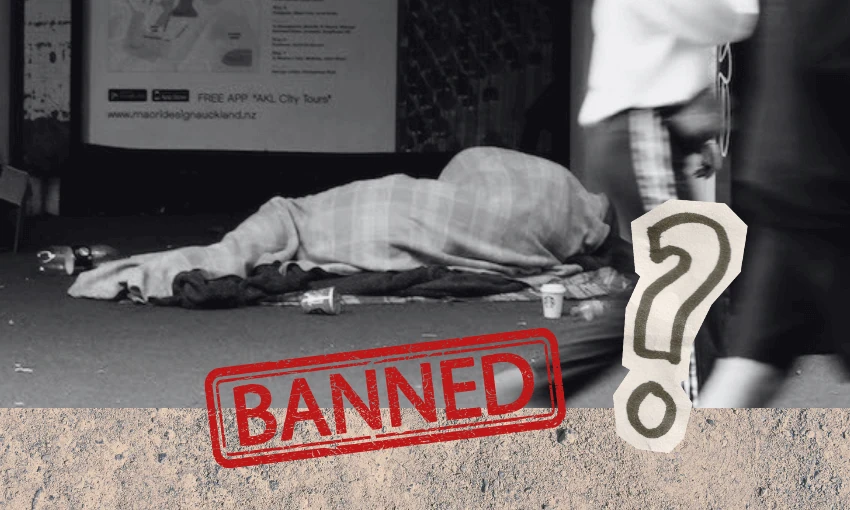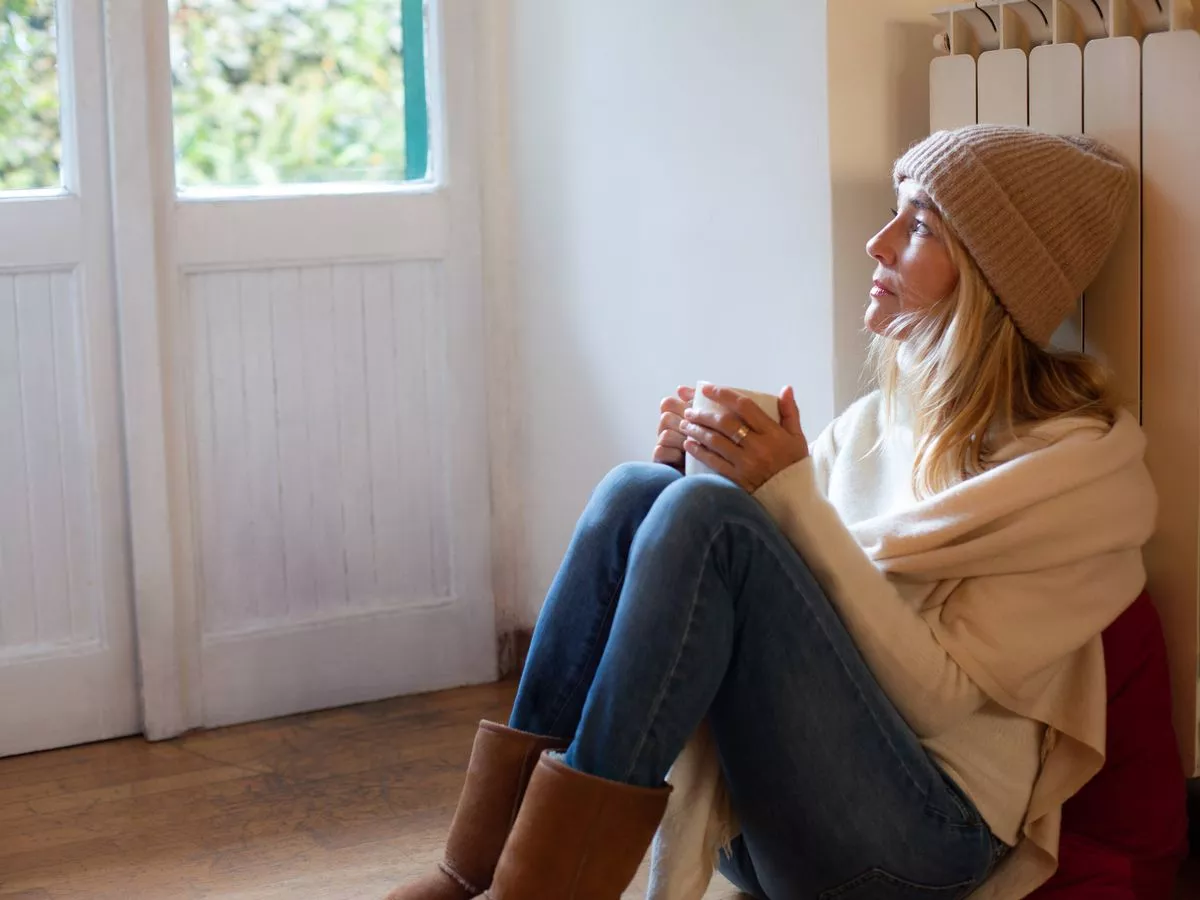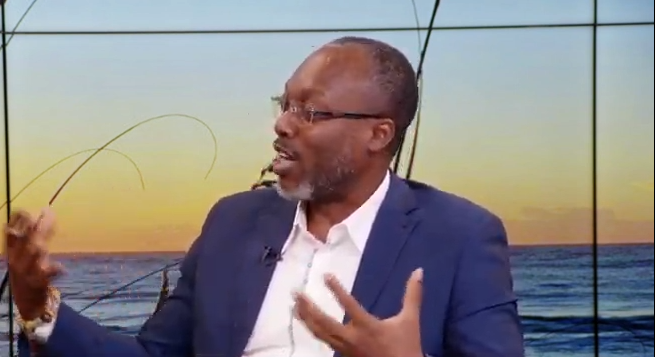Copyright thespinoff

With a rise in rough sleeping and calls for both funding and reform, everyone wants answers. After questions from the opposition and media about a rumoured plan to “ban homeless people from central business districts” were met with denials earlier in the week, the government has now confirmed that “move-on orders” are being considered to deal with rough sleepers and antisocial behaviour. Here’s what you need to know. So is it true? Is the government considering criminalising rough sleeping? Labour leader Chris Hipkins put the question directly to Christopher Luxon in question time on Tuesday, with the prime minister responding that “there have been no Cabinet decisions or discussion on that topic”. Kieran McAnulty, Labour’s spokesperson for housing, tried again the next day in a question to housing minister Chris Bishop, pointing out comments that police minister Mark Mitchell had made to ZB breakfast host Mike Hosking on air that morning. “There’s no law currently that allows you to move someone on that’s rough sleeping and engaged in antisocial behaviour,” Mitchell said during the interview. “That’s part of the work that Paul Goldsmith and [Ministry of] Justice are doing.” Mitchell also told Hosking – who said “the sooner we clear them out the better” – that Hamilton MP Ryan Hamilton’s private member’s bill “was fully supported by caucus and the prime minister”. That afternoon, the prime minister admitted that “move-on orders” were being considered. Justice minister Paul Goldsmith told RNZ, “It’s blindingly obvious to everybody that the CBD, particularly of Auckland, but a lot of places, have been characterised by disorder and real concern around public safety.” He said the government was open to new suggestions and did not rule out a ban on rough sleeping. “When we’ve got something to announce, we’ll announce that.” Minister for Auckland Simeon Brown confirmed to RNZ on Wednesday that he’d met with stakeholders, including government agencies and Auckland mayor Wayne Brown, to “discuss safety in Auckland’s CBD”. Wayne Brown told the outlet that council was working with police and considering strengthening unspecified bylaws. “It’s a complex issue but I’m happy to work collaboratively with agencies and government,” he said. Talking to The Spinoff on Thursday, Kieran McAnulty said the initial government denials were disappointing. “It’s pretty poor form to try and pretend something isn’t happening when it is. I also think that speaks volumes that they know they’re on the wrong side of this.” What would a ‘ban’ on rough sleeping even look like? The final proposal is unlikely to literally criminalise rough sleeping or homelessness per se. If it followed the model set out in Ryan Hamilton’s bill, which is not government policy and would only be introduced to parliament if randomly selected from the biscuit tin (where it’s been since June), it would give police the power to direct a person or group to “move on”: to leave a specified area and not return for a defined period (which can be for up to 24 hours), where their presence or behaviour is causing, or is likely to cause, harassment, alarm or distress to members of the public, a public nuisance, disorder or antisocial behaviour. In his interview with Hosking, Mitchell pointed to an advisory group “bringing ideas forward” to Goldsmith. This was likely a reference to the Ministerial Advisory Group for Victims of Retail Crime, which earlier this year produced an options paper on antisocial behaviour around retail settings. This isn’t publicly available, but the Restaurant Association’s feedback on it is: the association’s submission refers to “option one” being the creation of a legal framework for move-on orders, which would be issued by “trained council bylaw enforcement officers”. The submission mentioned “reservations expressed by some councils that move-on enforcement by their officers could result in increased violence against their staff”. What has the reaction to the news been? Tamatha Paul, the Greens’ housing spokesperson, called the move an “all-time low” for the coalition government, saying homelessness was not a crime and raising concerns about a lack of consultation. “I don’t know any housing provider who could possibly think that criminalising homelessness is a good idea.” Paul said the policy could see a rise in incarceration. “It means that homeless people will end up in a police cell or in prison because realistically, where else are they supposed to go when the government is unwilling to house them and are blaming them for ‘contributing to their own homelessness? “It costs more than $150,000 a year to lock somebody up,” she added. “This is money that could be used to get people the housing and healthcare they deserve to break cycles of homelessness.” McAnulty said the homelessness issue was a result of government policies. “It’s just disgraceful that they caused this, and instead of fixing it they’re just trying to shift it,” he told The Spinoff. “They want to make it look like they are cleaning up the streets, but all they are doing is shifting the issue elsewhere and they’re not.” Aaron Hendry of youth homelessness organisation Kick Back said a rough sleeping ban would have “serious and potentially fatal consequences” for young people in particular. “People who have nowhere else to go will be driven from the city centre and forced to take shelter in more dangerous and unsafe environments.” Rough sleepers chose the CBD because it was safer, he said. “Tamariki and rangatahi who have been denied access to shelter, and as a result are being forced to sleep outside, often find themselves coming into the city centre because visibility and community provides a level of protection.” Viv Beck of Auckland CBD business association Heart of the City expressed conditional support for the proposal. What do housing providers think of it all? Auckland city missioner Helen Robinson told The Spinoff there had been “parallel conversations” going on. One was around contracting Housing First providers, and the Auckland City Mission was “getting to the end stage of a contract negotiation” with the Ministry of Housing and Urban Development. “Organisations like us are contracted to provide the appropriate social support.” The other was around rough sleepers in Auckland CBD. She’d been informed that a “group of ministers and ministries and council officials” had met to discuss the matter and what a “very specific response to that might be”. No providers were involved in those direct conversations. Housing providers agree there’s a problem. Tāmaki Makaurau’s “unsheltered homeless” population is now over 800, according to Auckland Council reports, though Robinson said an exact number is difficult to determine. Do ‘move-on’ laws work? What are other countries doing? Robinson didn’t think so. “What we do know is that the evidence is super clear, it’s just ineffective and doesn’t work because it literally and metaphorically just shifts the problem,” she said. “All it does is move people on.” McAnulty agreed. “It just shifts them out of the CBD. And so the very people that are expressing legitimate concerns about safety heading into the CBD will now find that the issue they’re concerned about is on their doorstep.” Tamatha Paul, meanwhile, said other countries were rolling back similar legislation. “Countries like England and Wales are removing outdated laws, and decriminalising homelessness.” In some countries, the opposite is happening: in 2024, the United States Supreme Court ruled that states and cities could ban people from sleeping or camping in public. Utah plans to place up to 1,300 homeless people in “service camps” on the outskirts of Salt Lake City. Police in several Australian states have move-on powers used regularly on rough sleepers. How did we get here? Mounting anger over the rise of rough sleeping and “antisocial behaviour” in Auckland CBD last month led to calls from business owners and Heart of the City for urgent reform, including enforcement of bylaws and a “crackdown on drugs”. The issue isn’t restricted to Tāmaki Makaurau. Frontline providers at the Wellington City Mission had told McAnulty that homelessness was “the worst it has ever been” in the capital, he said, adding that it was the government’s “policy decisions that have led to this unprecedented level of homelessness” in Aotearoa. Robinson agreed. “We are very clear that the direct increase, the increase in rough sleeping is because of the change of the eligibility criteria to emergency housing that happened in September of last year.” This year the number of people living in emergency housing has reduced by 75% (five years ahead of the government’s schedule). The decline coincides with tougher rules for accessing emergency housing; 32% of applications were rejected in March 2025 compared to 4% the year prior. “No one is saying that emergency housing was perfect,” McAnulty said. “It’s certainly not the solution to the housing crisis, but it was a hell of a lot better than having people sleep on the street.” In September the government announced it would fund an additional 300 Housing First social homes for rough sleepers across the country. “Two hundred of that is focused on Auckland, but the whole of Auckland as opposed to central city Auckland,” Robinson said. There was also a $10m one-off grant to respond to rough sleeping, with $5m allocated to Auckland. The government was “refusing to answer questions on how many people have actually been placed as a result of that announcement”, McAnulty said. According to RNZ, Bishop had confirmed only a couple of spots had become available since September. Evidence and experience showed that rough sleepers benefited from immediate access to shelter and support with a low barrier to entry, said Robinson. “We need more Housing First places.” And with many rough sleepers living with illness, disabilities and other health issues, they’ve also asked for support to increase mental health and addiction response. “The conversations that we’ve been having with ministries and officials is to say, please, this is what’s needed.” Is the Auckland City Mission resourced to scale up housing capacity if more funding came through? “In terms of what we have now, no, we couldn’t,” Robinson said. As a Housing First provider, the mission is contracted for 40 places. Once it reached contractual capacity, it would need more staff and to source more properties. “That we do on the open market,” she explained. Robinson said she believed the wider Auckland area needed 1,000 Housing First places, giving people immediate access to shelter with appropriate support, particularly around mental health. “Everybody shares a concern about the reality of homelessness in our country,” Robinson said. “The answer is housing and the answer is appropriate support, and particularly appropriate health support.”



